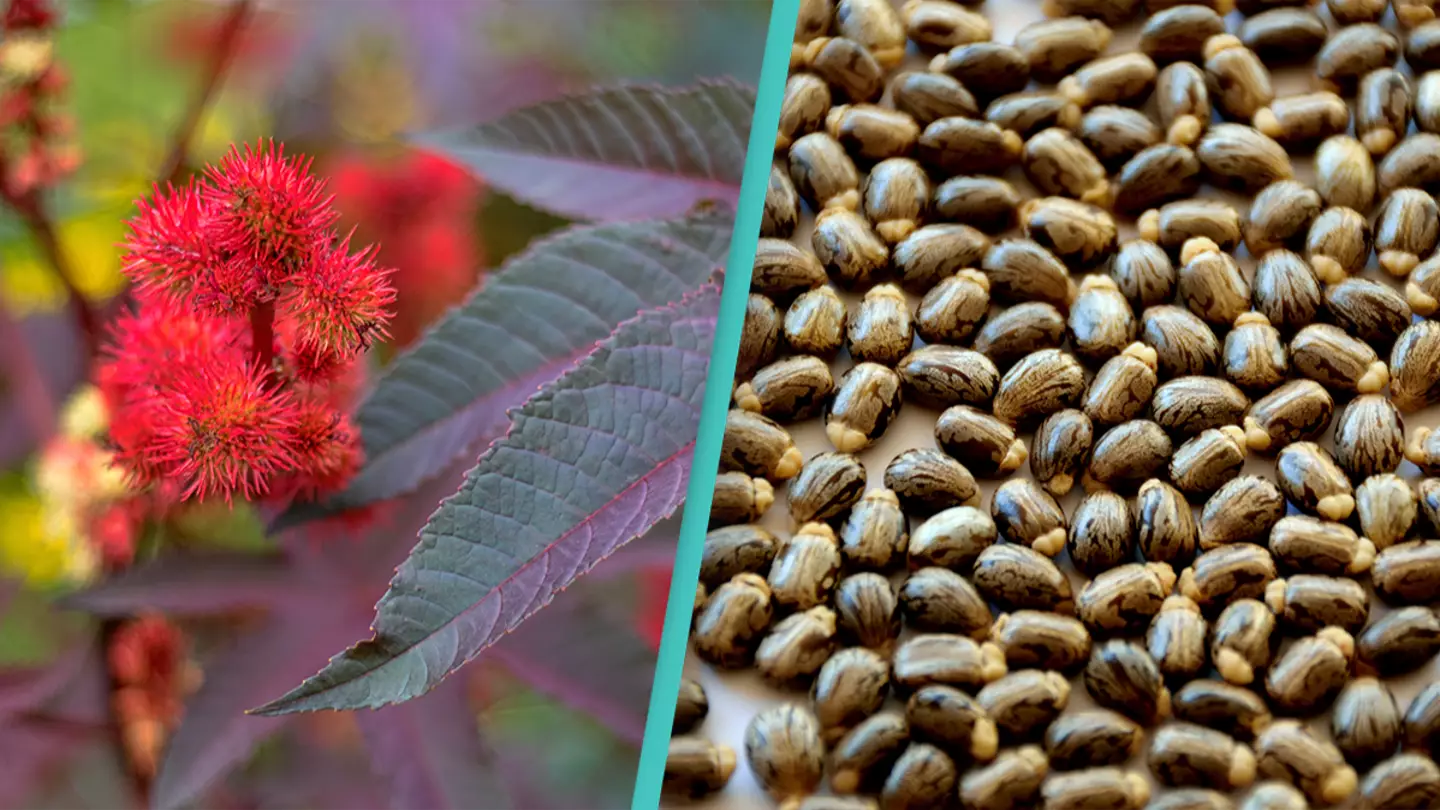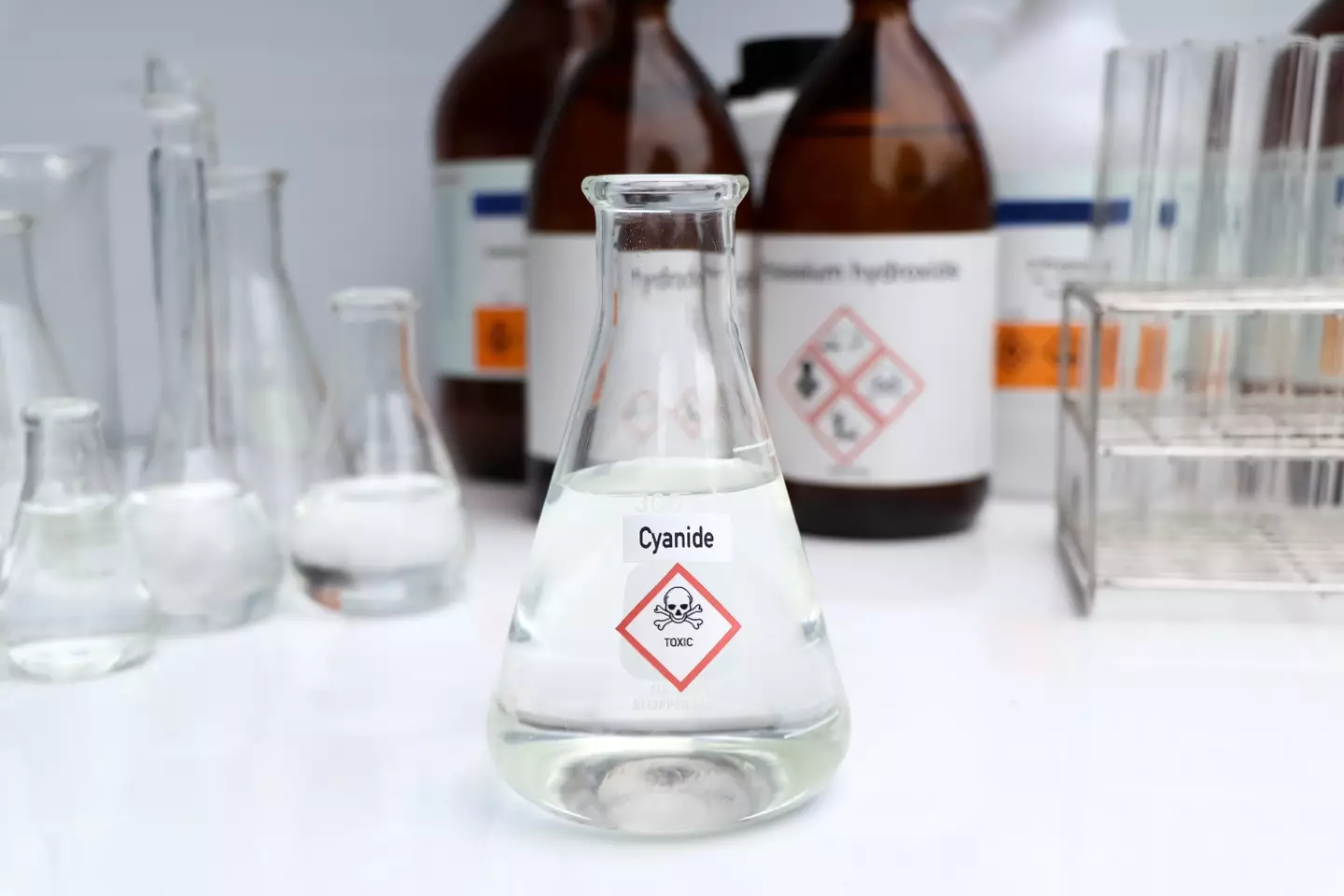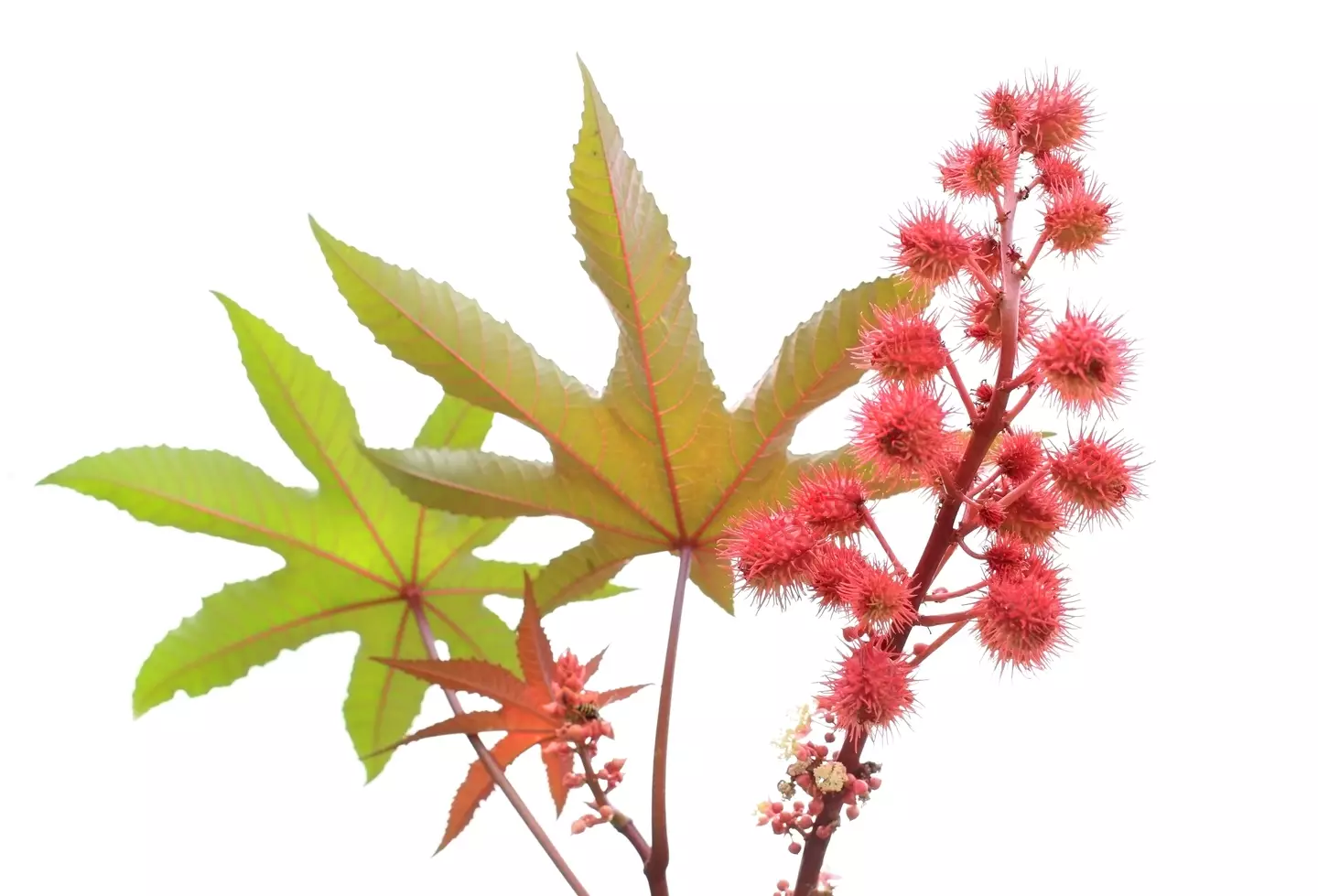
There's a plant which holds a seed around '6,000 times more poisonous than cyanide'.
As if there wasn't enough to worry about in life already, Mother Nature really knows how to scare us even further.
And as if the threat of cyanide wasn't enough, there's one plant's seeds which are drastically more deadly - and the plant may even be living in your garden.
Cyanide is a chemical compound that can be produced by certain bacteria, fungi, and algae and slightly larger amounts can be found in certain seeds and fruit stones too, alongside car exhausts and cigarette smoke.
It can also take the form of a colorless gas or liquid - hydrogen cyanide or cyanogen chloride - and has been used by some to kill others, the most infamous case being when the Nazi regime used hydrogen cyanide in its death camps.
Advert
Scarily, there's another naturally occurring poison which is far more lethal than cyanide, which few people have heard of and of which 'as few as four seeds can kill an average-sized adult'.

The toxin - known as ricin - is 'one of the deadliest natural poisons' and is 'estimated as 6,000 times more poisonous than cyanide and 12,000 times more poisonous than rattlesnake venom,' The University of Wisconsin-Madison reports.
And it occurs in the seeds of a castor bean plant - also known as Ricinus communis - which is 'an evergreen herbaceous or semi-woody large shrub or small tree [...] typically found in moist, well-drained soils in disturbed areas, such as along river beds and roadsides, and in fallow fields or at the edges of cultivated lands' in the US.
Advert
The university continues: "As few as four seeds can kill an average-sized adult, while ingestion of lesser amounts will result in vomiting, severe abdominal pain, diarrhea, and convulsions.
"Livestock and poultry can also be affected if they consume seeds or meal from the seeds."
But what should you do if you have one of the plants in your garden?

Advert
Well, the university advises to keep them 'out of reach of children' or to 'trim off flowering spike if this is a concern'.
However, should you end up accidentally chewing and swallowing a castor bean? Or injecting it 'the form of a powder, a mist, or a pellet, or it can be dissolved in water or weak acid'?
Well, the US Centers for Disease Control and Prevention (CDC) notes your initial symptoms will 'occur in less than six to 12 hours'.
"These initial symptoms are most likely to affect the gastrointestinal system and include nausea, vomiting and abdominal pain. The symptoms of ricin poisoning are then likely to rapidly progress (generally over 12-24 hours) to include problems such as severe dehydration, and kidney and liver problems.
Advert
"This rapid progression of symptoms and illness is noticeably different than what typically occurs with most (but not all) commonly encountered infectious foodborne illnesses, which generally resolve within a day or two," it adds.
It advises to 'seek medical attention right away' noting death from ricin poisoning can take place within just '36 to 72 hours of exposure'.
Topics: Health, Reddit, Science, Social Media, World News, Nature